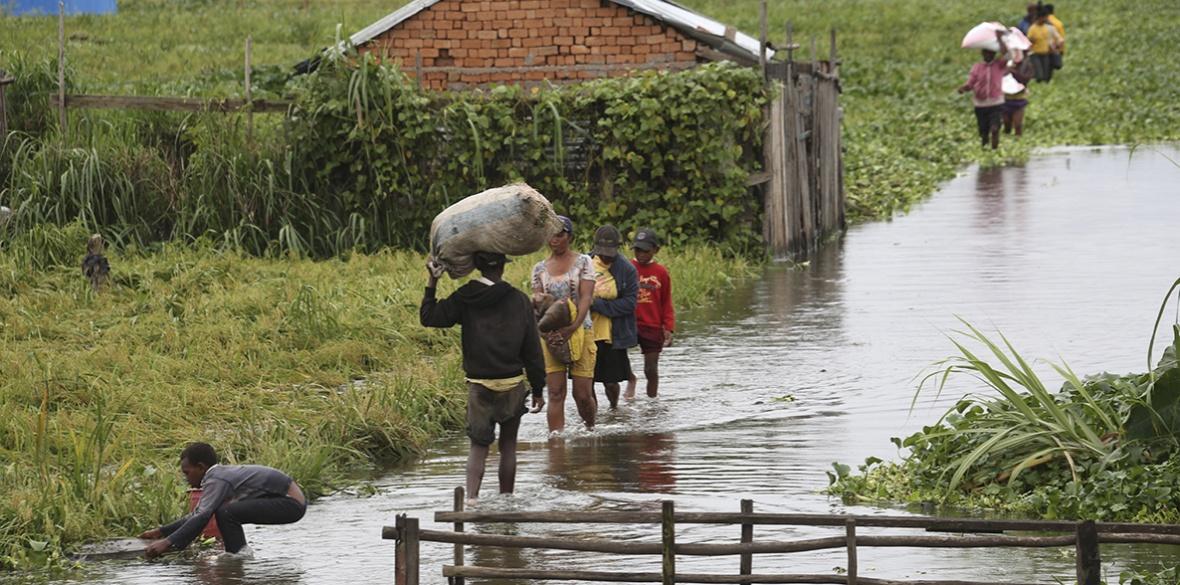Human impact on the Degradation of Marine and Terrestrial Wildlife

Everlasting floods in South Africa and extreme weather conditions across the continent are linked with human-caused climatic change. This is putting marine and terrestrial wildlife species at risk, according to biodiversity experts.
As Karl Marx had rightly said, “capitalism is an economic system profoundly at odds with a sustainable planet.” He argued the exploitation of nature is as fundamental to the profit system, as the exploitation of working people. Marx was a visionary and had very well understood that the base structure of capitalism will destroy all that is in the hands of humans. Nature is the biggest example of this.
Devastating floods in South Africa, as well as extreme weather conditions across the continent, have changed the climate. Africa has already faced several climate-related woes in the past years. The ongoing fatal floods follow unrelenting cyclones in the south. Conservation and wildlife groups say it’s critical to protect species from these climate change-related weather events.
These human-made climatic changes have a huge impact on the nature of South Africa’s terrestrial and marine wildlife. Some of the impacts which can be counted are-
Rising Temperature
African temperatures in the recent decades have been warming at a rate comparable to that of most other continents, and thus somewhat faster than global mean surface temperature. This is harmful to terrestrial wildlife, as the increased temperature can cause drought and extreme flooding situations in the country. Affects the environment and wildlife.
Rising Sea levels and Coastal erosions
Coastal degradation and erosion are also major challenges, especially in west Africa. The degrading water and coastal areas harm marine life. Marine life is sensitive to changes and any small change can affect them diversely. If this keeps on going then the marine wildlife will get extinct.
Flooding
Climatic change will risk flooding in Africa. The vulnerability of specific areas to flooding in the following countries saw a gradual rise after the individual case studies. This will affect the fishing industry and tourism. The coastal erosion and increase in sea level will prove equally problematic for the socioeconomic of the country.
“Climate change is disrupting the ecosystem and affecting the survival and sustainability of species to live in their usual habitats,” said Shyla Raghav. Multiple species, including Africa’s famed “big-five” land animals and other terrestrial and marine life, are vulnerable to significant population loss. Africa’s coasts are at risk of coral reef ecosystem collapse due to bleaching, potential saltwater intrusion on freshwater aquifers, and more intense tropical cyclones.
This shows that Africa’s terrestrial and marine wildlife are at risk of getting extinct due to climatic conditions and human actions. There lies a bigger problem ahead if the risk is not into account. There is a degradation of the oceans, deforestation, soil erosion and most dramatically, a loss of biodiversity on the geological scale. This alienates us from our nature as said by Karl Marx.


- Art
- Causes
- Best Offers
- Crafts
- Dance
- Drinks
- Film
- Fitness
- Food
- Games
- Festival
- Gardening
- Health
- Home
- Literature
- Music
- Networking
- Other
- Party
- Religion
- Shopping
- Sports
- Theater
- Wellness




